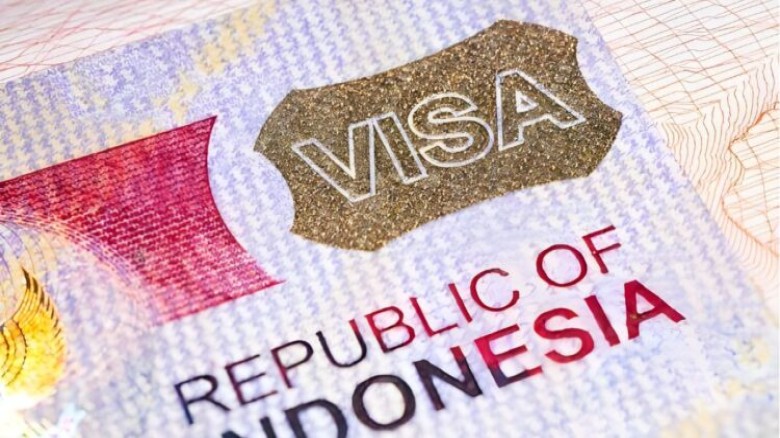Meta deactivates 63,000 Nigerian Facebook accounts over ‘sextortion’ scams
The social media giant, Meta has revealed 63,000 Nigerian Facebook accounts have been removed for allegedly seeking to carry out cash extortion schemes.This was reported by Meta in a statement headlined ‘Combating Financial Sextortion Scams from Nigeria,’ on Wednesday.
This revelation from Meta coincides with the recent Federal Competition and Consumer Protection Commission’s fine of $220 million on Meta and its instant messaging service, WhatsApp, for what it alleged were discriminatory acts against Nigerians.
Sextortion is the act of extorting money or sexual favours from someone by threatening to expose any proof of their sexual behaviour.
Met added that financial sextortion is a heinous crime that can have devastating effects, adding there has been a growing trend of fraudsters “largely driven by cybercriminals known as Yahoo Boys targeting people across the internet, both with these and other types of scams.”
“We’ve banned Yahoo Boys under Meta’s Dangerous Organizations and Individuals policy — one of our strictest policies — which means we remove Yahoo Boys’ accounts engaged in this criminal activity whenever we become aware of them,” it stated.
The business claimes to have taken down two Nigerian account sets associated to Yahoo Boys that were aiming to carry out money extortion criminal activities.
“First, we removed around 63,000 accounts in Nigeria that attempted to directly engage in financial sextortion scams.
“These included a smaller coordinated network of around 2,500 accounts that we were able to link to a group of around 20 individuals. They targeted predominantly adult men in the US and utilised phoney accounts to hide their identities,” it noted.
Meta added that it also uncovered the coordinated network of roughly 2,500 accounts through a mix of new technical signals it developed to help identify sextorters and in-depth investigations by our professional teams.
According to social media company’s statement, the bulk of the accounts were detected and turned inactive by its enforcement mechanisms. The inquiry facilitated the deactivation of the remaining accounts and provided more insights into the tactics taken to increase its automated detection.
It added “Second, we removed around 7,200 assets, including 1,300 Facebook accounts, 200 Facebook Pages, and 5,700 Facebook Groups, also based in Nigeria, that were providing tips for conducting scams.
“Their efforts included offering to sell scripts and guides to use when scamming people, and sharing links to collections of photos to use when populating fake accounts.”
According to Statista, Nigeria had approximately 41.6 million Facebook users as of May 2023, accounting for 18.5% of the entire population.
























Leave A Comment